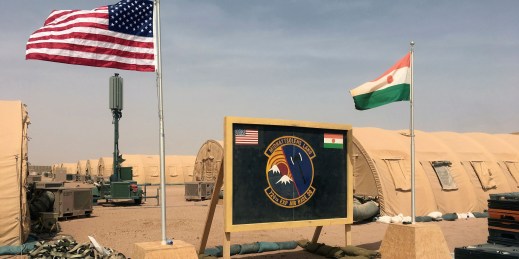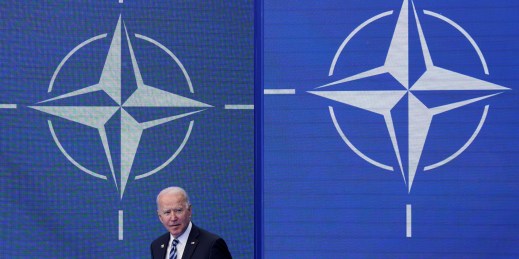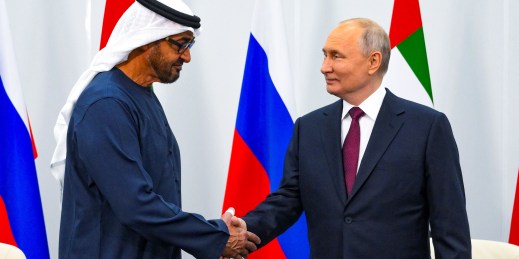
The recent coup in Niger presents the United States with a familiar dilemma in how it conducts security assistance. There is no easy solution, but current dynamics in the Sahel, which indicate that without outside help al-Qaeda and Islamic State-affiliated groups will rapidly gain strength in the region, call for U.S. policymakers to pursue a pragmatic course.




